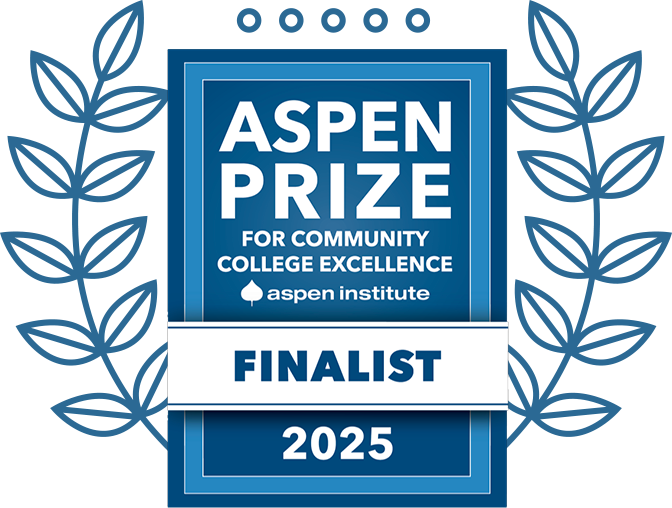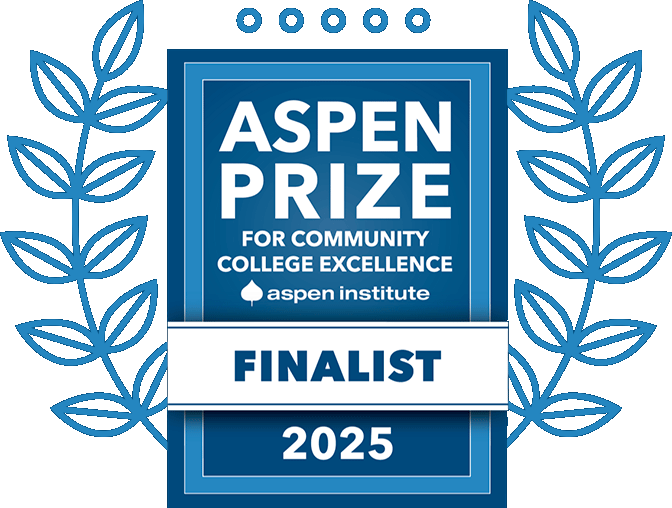Faculty Resources
Accommodated Testing
GHC Testing Centers proctor exams with accommodations. See the Accommodated Testing webpage for scheduling and proctoring information.
Faculty Accommodation Notice (FAN)
Students with documented disabilities are entitled to reasonable accommodations designed to provide equal access. Disability Access determines appropriate accommodations and creates the Faculty Accommodation Notice (FAN) that outlines the accommodations.
Disability Etiquette & Best Practices
Video Training by the Office of Disability Rights
Awkward No More
Follow our protagonist, Bob, as he learns how to interact with people with disabilities. (3:40 minutes in length)
- Disability Etiquette: Tips on Interacting With People with Disabilities
A publication of United Spinal Association - Best Practices when Interacting with Persons with Disabilities
A customer service guide provided by the GA State ADA Coordinator’s Office
FAQs
Students with disabilities are entitled to non-discrimination and reasonable accommodations for any student with a documented, qualifying disability as defined by Section 504 of the Rehabilitation Act of 1973, as amended, and by the Americans with Disabilities Act of 1990.
The Rehabilitation Act of 1973 and Americans with Disabilities Acts of 1990 mandate that educational institutions provide students with disabilities the necessary accommodations to ensure equal access to all academic and co-curricular programs and services. Visit the ADA website for more information.
Disability Access determine appropriate accommodations and create the Faculty Accommodation Notice (FAN) that outlines the accommodations. Disability Access Specialists are professionals who are knowledgeable concerning the impact of various disabilities and best practices for accommodating students in a college setting. They are also knowledgeable concerning the USGBOR guidelines for documenting and accommodating various disabilities. They regularly attend trainings and workshops provided by professional organizations and others to remain current and well informed.
Disability Access works on behalf of the school and students to:
- Collect documentation meeting USGBOR guidelines verifying a student’s diagnosis and functional impact.
- Discuss needs and prepare the Accommodation Notice that outlines the accommodations for which students are entitled.
- Provide support services and programming to promote student success, retention, and progression towards graduation.
- Provide support for faculty.
- Meet with students and faculty together if needed to facilitate communication and provide the best possible educational outcome for the student.
The USGBOR requires students who are requesting accommodations to provide current documentation of their disability, following established Documentation Guidelines. An individual must demonstrate that his/her condition meets the definition of a disability. A clinical diagnosis is not synonymous with a disability. The ADA defines a disability as a physical or mental impairment that substantially limits one or more major life activities. Documentation should provide a diagnostic statement identifying the disability, describe the diagnostic criteria and methodology used to diagnose the condition, progression of the condition, provide current functional abilities and specific symptoms, along with evidence that these symptoms are associated with substantial impairment in a major life activity. A detailed description of current substantial limitation in the academic environment is essential to identify appropriate academic accommodations, auxiliary aids, and services. Specific requests for accommodations need to be linked to the student’s current functional limitations, and the rationale for each recommendation clearly stated. Evaluators must be licensed professionals whose training and licensure status is consistent with expertise in the disability for which they provide documentation.
Work with Disability Access to meet the student’s needs by:
- Implementing the accommodations approved by Disability Access.
- Asking questions about the accommodations listed on the Accommodation Notice if you have concerns.
- Suggesting accommodations to the student’s Disability Access Specialist that may meet needs specific to a course.
- Sharing with the student’s Disability Access Specialist when you see troubling behavior and/or academic distress.
- Being willing, to a reasonable degree, to assist the student outside of class.
- Ensuring students know about Disability Access. Faculty members are expected to refer students who self-disclose a disability.
No. Reasonable accommodations are designed to provide equal access, not to modify course requirements. If you have a concern about the impact of an approved accommodation, please contact disability services for assistance.



